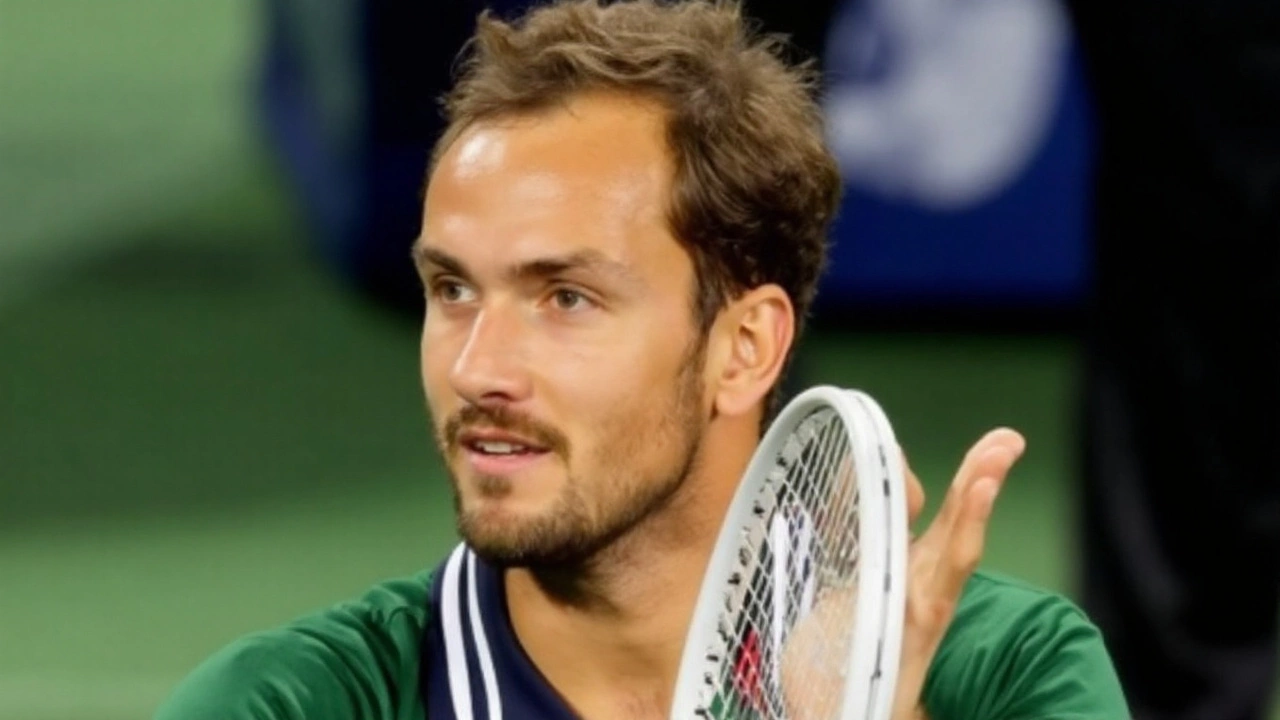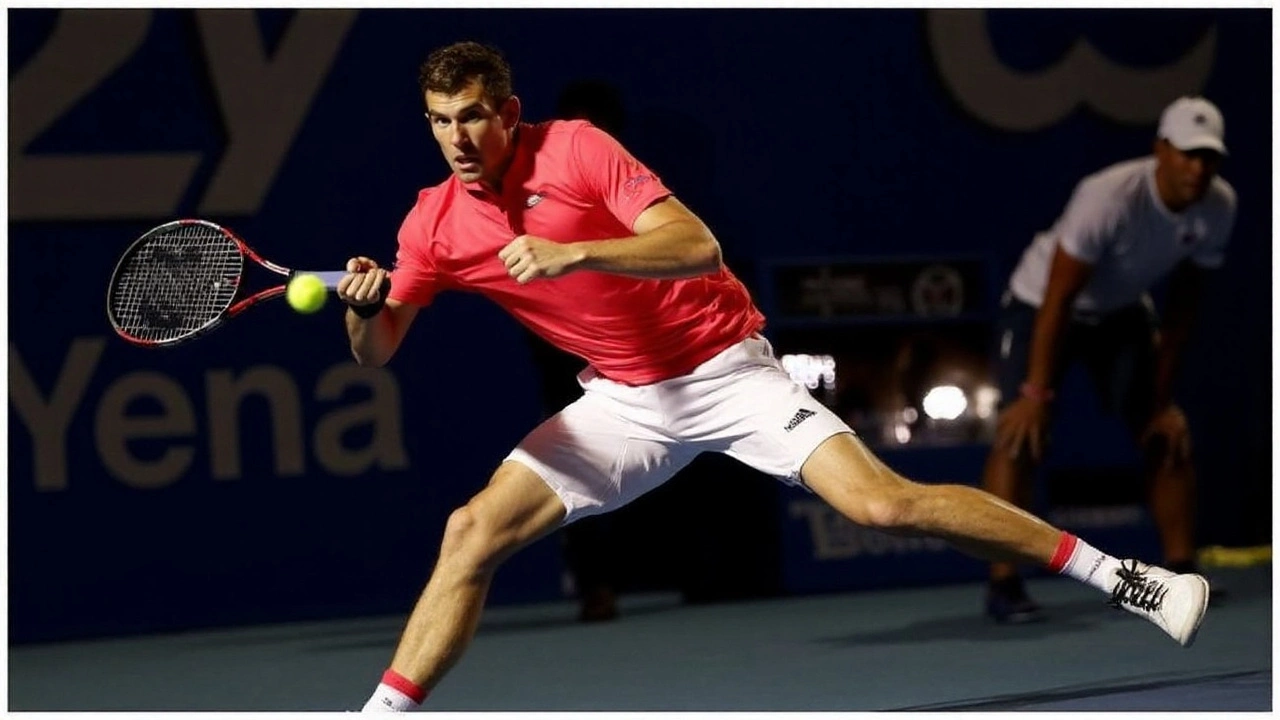A final bow in New York
The noise inside Arthur Ashe Stadium felt more like a championship night than a third round. After more than three hours on court, Serena Williams’ run ended with a 7-5, 6-7(4), 6-1 loss to Ajla Tomljanovic at the 2022 US Open. She fought off match point after match point, pushed the second set to a tiebreak, and kept swinging until the very last ball. Then she stood at the mic and told the world she was ready to step away.
Her voice cracked as she thanked her parents, Richard and Oracene, and her sister Venus, the partner and rival who helped shape her career. She talked about the love from the crowd and hinted at how hard this decision was. Retirement, she’s said before, isn’t a word she loves. But in New York she made it clear: it was time to focus on her daughter and what comes next.
The match itself was a reminder of the grit that made her famous. Tomljanovic absorbed the pace, stayed patient in long rallies, and closed with a flurry, but not before Williams saved a string of match points in a marathon final game. It was dramatic, tense, and emotional—the kind of send-off that fit a career built on big stages and bigger moments.
This was the end of a short summer comeback that included a doubles run with Venus in New York and a vintage win over No. 2 seed Anett Kontaveit in round two. Broadcasters reported record audiences for her opening match. Tickets were impossible. Even practice sessions looked like main-event shows.
Williams announced her decision in a Vogue essay weeks earlier, saying she was “evolving away from tennis,” not quitting competition so much as moving toward family and business. On court, she stuck to that theme. She didn’t slam the door shut—she even joked that she’d started playing more this year and was getting better—but she treated this as a last dance at the US Open, the tournament she won six times.

What she changed—and what comes next
Start with the numbers. Williams leaves with 23 major singles titles, the Open era record and one shy of Margaret Court’s all-time mark. Add seven Australian Opens, seven Wimbledons, six US Opens, and three French Opens. She won 73 singles trophies, held the No. 1 ranking for 319 weeks, and tied the record for 186 consecutive weeks at the top. With Venus, she went a perfect 14-0 in Grand Slam doubles finals. She owns four Olympic gold medals—three in doubles, one in singles.
But stats only tell part of it. Williams changed how women’s tennis is played and seen. The serve became a weapon. Power from both wings became standard. Younger players built their games with her in mind. Naomi Osaka has said her own dream started while watching Serena in New York. Coco Gauff posted a thank-you note after Serena’s announcement, calling her a reason she picked up a racquet. Tiger Woods and Roger Federer added their salute, and Billie Jean King called her one of the greatest, period.
She also broke open the culture around the sport. She wore what she wanted—from the black catsuit in Paris to a tutu in Queens—and forced tennis to have frank conversations about rules, image, and who gets to set the tone. She demanded equal pay checks and helped make it non-negotiable at the biggest events. She made fashion a part of tennis, not a sideshow.
Motherhood sits at the center of this next chapter. Williams won the 2017 Australian Open while pregnant with her daughter, Olympia. After a complicated delivery and a pulmonary embolism, she came back to two more major finals and a Top-10 return. She’s been clear: growing her family is a priority now. That’s part joy, part logistics. Tennis at the highest level is a grind; so is parenting. Something had to give.
Business is already in motion. Serena Ventures, her investment firm, has backed dozens of startups, with a focus on founders historically overlooked by big money. In 2022, the firm announced its first fund, signaling she’s serious about being on the other side of the table. She has fashion and media projects, too, plus long-running philanthropic work, including support for community centers named for her late sister, Yetunde.
Her relationship with New York has always been special. She won her first US Open at 17, beating Martina Hingis in 1999 and signaling a new era. She returned to lift the trophy five more times across three different decades. The last ride at Ashe—packed, loud, and unapologetically on her side—fit the story. Even in defeat, she owned the night.
The final days of her tournament told a fuller story of the Williams sisters. They played doubles together one more time and exited early, but the point wasn’t the result. It was the image: two sisters from Compton who changed a global sport by changing what was possible, on their own terms, with their family right there beside them.
There were hard moments along the way, like the 2018 US Open final controversy, injuries that stole stretches of her prime, and the constant scrutiny that comes with fame. She kept winning anyway. The 2014-15 run that delivered a “Serena Slam” (holding all four majors at once) showed complete dominance. The comeback after childbirth showed something else—resilience over spectacle.
What about a comeback? She left a sliver of possibility because that’s who she is: competitive to the last point. But the plan now is different. More time with family. More boardrooms than locker rooms. More chances to build things that outlast the roars on a Saturday night in Queens.
One fact remains fixed: the sport looks different because Serena Williams played it. This US Open goodbye wasn’t just nostalgia. It was recognition—by peers, by fans, by rivals—that her impact goes beyond a trophy count. If she never hits another forehand on tour, the standard she set is the one others will chase.
That’s why the phrase Serena Williams retirement feels too small for what happened in New York. It was a closing scene, yes, but also a handoff. To the next generation she inspired. To the causes she pushed into the spotlight. And to the life she’s choosing now, with a different kind of scoreboard.
